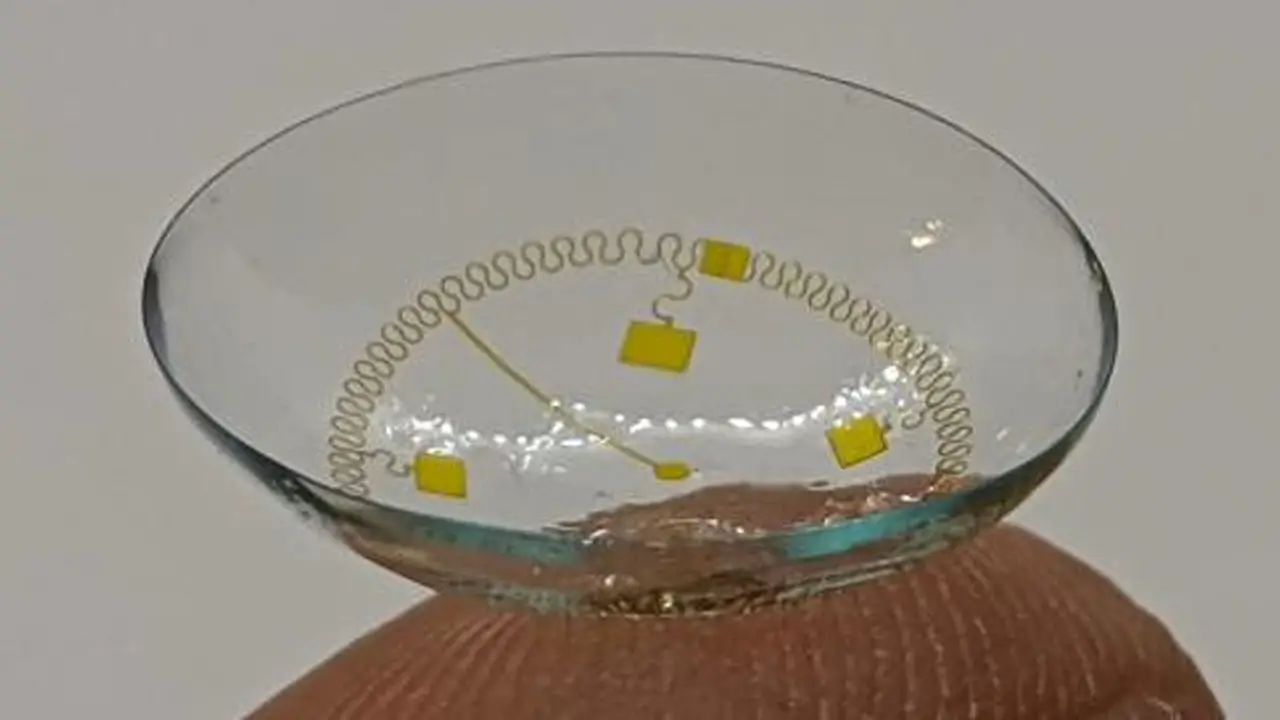Facilitating the diagnosis of cancers thanks to an intelligent scalpel, this is the promise of iKnife! This device, developed by Imperial College London, can “smell” cancers in seconds.
The iKnife is able to detect tumors in tissue samples in seconds! This smart device has already proven itself on cancers of the breast, colon or even the cervix, but doctors from several English hospitals tested it for the first time on endometrial cancer, the most common in the female reproductive system.
A knife that “smells” tumors in seconds
The iKnife looks like an electric scalpel but enhanced by Artificial Intelligence. Placed on a sample of tissue taken by biopsy, the iKnife heats it and “smells” the vapors that are released. The latter are analyzed practically in real time by a mass spectrometer.
The device looks for signs of out of whack lipid metabolism, a common feature of cancer cells. They need more lipids to ensure their metabolism and to synthesize certain constituents of the plasma membrane with a view to their proliferation.
More than 150 endometrial biopsies, taken with the consent of patients who came to consult for suspected endometrial cancer, were analyzed by the iKnife.
As a result, the device made it possible to diagnose its presence with a sensitivity of 89% almost instantly. As for the reference method which consists of analyzing a thin slice of tissue under the microscope by a specialist, it takes one to two weeks.
The iKnife is evolving rapidly and we can imagine that it will be even more efficient in the future for diagnosing endometrial cancer – this study being the first to test it in this context. The algorithm which interprets the results is refined with each sample analysis.
If it allows a quick diagnosis, it is not without flaw, the most important being that the iKnife is forced to heat the tissue and therefore destroy it to work. This prevents any further analyzes on the said sample.
In the meantime, doctors are considering it as a complementary diagnostic tool to existing methods. This would allow patients to have a quick first opinion on the presence or absence of cancer, before the confirmation of the diagnosis a little later.
Women who test positive could then be taken care of without delay and those who test negative will be spared several days of agonizing waiting.




